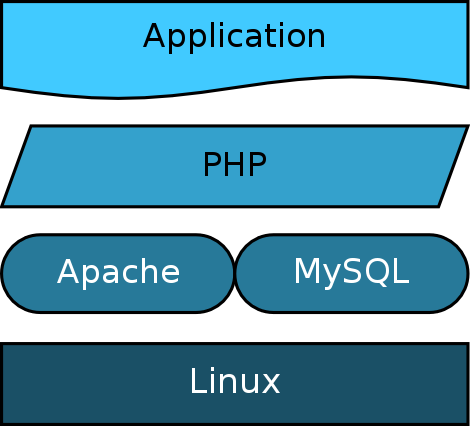Laptops started out as lightweight portable PCs, but have succumbed to stiff competition from the Smartphone, Tablet and Phone-Tablet (dubbed Phablet) alternatives.
The factors that have slowly taken the laptops close to their extinction are:
The factors that have slowly taken the laptops close to their extinction are:
- Weight (although portable, lugging them over long distances is not comfortable.)
- Fragility (except for the rugged versions, most laptops cannot stand shocks)
- Upgrades (very minimal)
- Battery Backup (extremely low if compute power required is high defeating portability)
- Lifetime (3 years at best, but the next generation replacement is seldom as far ahead as the smartphone class.)
- Chargers (These are not standardized and vary heavily across brands and models.)
- Serviceability (Time consuming and subject to spare part availability)
- Thermal performance (Cooling has always been a challenge, with few laptops cutting that edge for those who can afford them.)
- Display (Graphics acceleration for several reasons has always been minimal, rendering them less useful for high-end applications like rendering.)
- Wireless Communication (Too few are provided with 3G making them less useful in remote environments)
- Recycling (the mechanical design is usually less susceptible to recycling, as is the display, input interfaces and storage - with the core motherboard also getting outdated far too quickly. This coupled with the short lifetime is making them less recycle-friendly.)
- Software (Operating Systems constantly requiring upgrades make the "Personal" computing part much costlier and less affordable across most available brands. This is also true of most application software used.)





